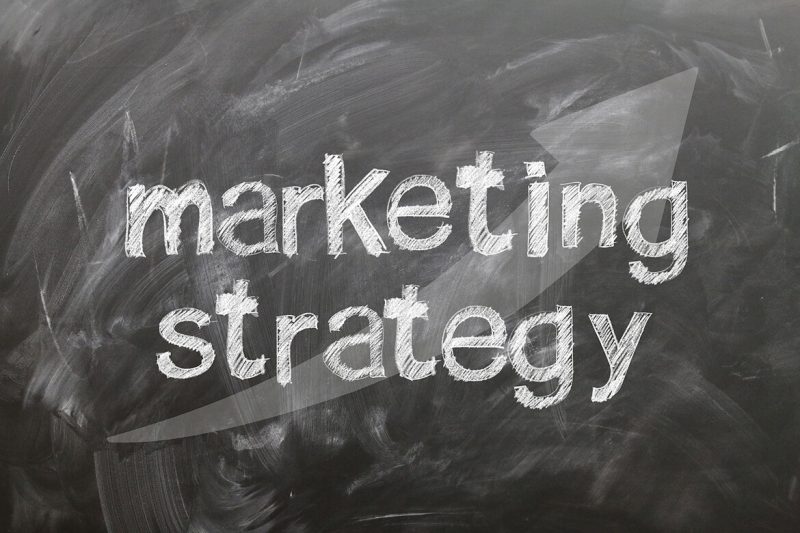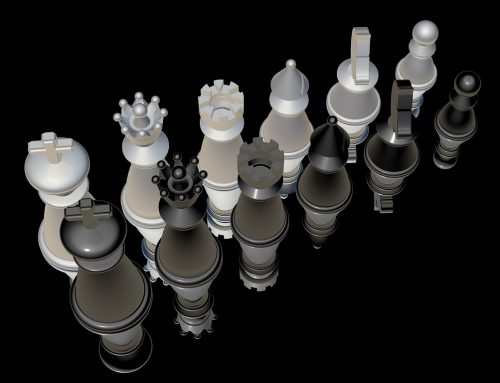There are currently many tools on the market that help companies in their daily tasks. We find management programs, stock accounting, ERP, CRM, SGE, tools for sharing files, to do mailing,… in short, companies have a wide range of possibilities where they can choose and get their supplies
Some tools only serve as the purest and toughest solution to administrative management (invoicing, accounting, ) and are a condition sine qua non for developing commercial activity. Others are used to improve sales, team building, advertising or marketing processes, but are entirely optional and voluntary. But more and more entrepreneurs understand that the use of these tools can bring many incredible economic benefits. They also help their teams to have the necessary equipment to facilitate their tasks.
At this point we want to explain the functions that a CRM can bring you in the field of marketing.
What do we understand as marketing? We can define the concept of marketing as the set of activities or processes that a company carries out in order to attract customers and improve its sales. It is an activity aimed at understanding the needs of today’s market and consumers.
In this process of understanding customer needs and conducting market research, how can a CRM help you?
Contenido
What does CRM mean?
Let’s first define what a CRM is. CRM takes its name from the acronym for Customer Relationship Management, which translated would be something like Customer Relationship Management.
¿What is a CRM and what does it do?
Therefore, a CRM in Marketing is a very useful tool that allows us to know and manage all the interactions that a company makes with its customers or leads. From commercial order management to after-sales service.
The main purposes for which companies contract a CRM are:
Have a database accessible from anywhere but 100% secure.
Improve communication, organization and management of the sales team.
Improve productivity and administrative processes.
Follow-up of sales opportunities.
Achieve a tool that speeds up and facilitates sales on the move and in the office.
Availability of 24-hour access.
Saving time and money.
Segment customers./p>
Be respectful of the environment.
The benefits of crm for business
The benefits of a CRM are similar to the list of purposes for which it is contracted.
uSell CRM has password-protected access and data encryption. In this way we prevent information leaks and unwanted access by people outside the company.
uSell CRM allows us to store and transport to any place, gives us always controlled and updated information. Both customer data (addresses, orders, reports) and our products (images, prices, promotions).
With all this data stored and its unique sales module , uSell CRM allows you to make orders and quotes presenting the products in a very professional way during sales visits or from the server itself. You can try all these features with our free CRM demo, try it for a month.
In addition, our CRM’s fully customizable reporting system allows you to obtain information on sales visits, or other customer interactions. Information that is necessary to make action and improvement plans, so valuable in our marketing campaigns.
Knowing the reactions of a customer or lead to an offer, a visit or a budget helps us to adjust and improve commercial actions. Detect obsolete products, which have no way out or others that are quickly depleted.
Marketing is based on information and a CRM is, in essence, where it is stored. The best way to sell is to know what market we do it in.
With all this information, companies carry out action plans that allow them to improve certain aspects: increase sales, satisfy customers, improve service quality and reduce costs. These are the main benefits of the successful implementation of a CRM in a company.
CRM Strategies
With the new technologies, relationship marketing has taken on great importance. Mass emailing, impersonal offers, mailing, discounts or promotions, product launches and other commercial actions make no sense if we don’t know our audience well.
CRM Strategies in service marketing
Marketing a service can be more complicated than a physical product campaign. A physical product can be sold for its image, beauty, if it is appetising or attractive. In this case we can influence the customer with other advertising methods based on “selling through the eyes” in addition to other actions.
What strategies should service companies then follow to get the full benefits of a CRM? Purchases of services are usually not as recurrent as purchases of physical or perishable goods. So our strategy cannot be based on repeat purchases and we may need to explore the customer more carefully.
Obviously there is no magic formula. Only daily work and effort will lead us to achieve our goals.
But what is important to know about customers who want to hire a service is to know exactly what they expect from it. In these cases the strategy to follow is to customize the offers to the maximum, understand what the customer expects and what he needs. All this information can be found in a CRM, basing our strategies on relationship marketing.
If we finally achieve this sale, keep the customer happy, increase their satisfaction with the service provided, build customer loyalty and get us to be their first choice next time, will be our primary goal.
And that brings us to the next step.
Customer-oriented CRM strategies
The main objective of any service company is to base its marketing strategies on building a long-lasting customer relationship.
An organizational strategy aimed at improving the quality of service, establishing lasting relationships and offering added value to the service provided is a prerequisite for a successful CRM marketing strategy.
Tools based, for example, on improving the quality of service or the quality of care received, can be provided by key indicators such as the NPS (Net Promoter Score, which we will discuss in a later post). These indicators will help us with these strategies.
In short and finally we will say that a CRM is a storehouse of information that we obtain from our customers. This allows us to design marketing actions and strategies based on our needs. The objective? Increase sales and customer loyalty.






Thanks for sharing such an informative blog